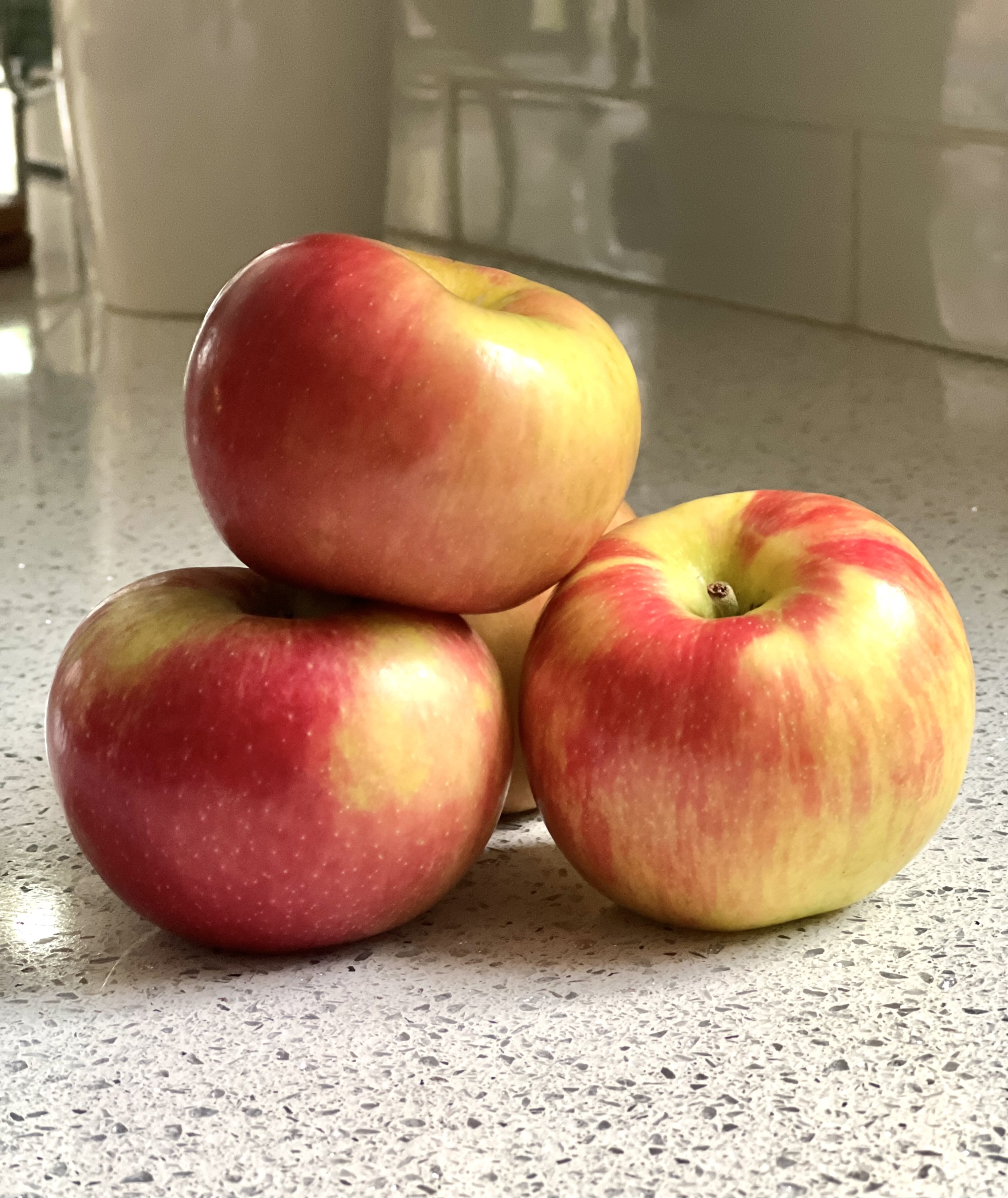In the American culture, many nutritional beliefs have been passed down through the generations, also known as, an old wives’ tale. Typically, these beliefs are accepted as true to the public despite seeking validation from scientific evidence. So, do these old wives’ tales have any truth to them?
- Carrots improve eyesight
Throughout time, many individuals have been led to believe that if their carrot consumption increases, their eyesight will improve. In evaluating scientific evidence, Duke Health states that carrots contain vitamin A which can lead to better vision. This means that the compound (beta-carotene) can be converted through a specific process to vitamin A by the body. Interestingly, the body needs enough vitamin A through diet to maintain adequate vision in the eyes. Subsequently, carrots do not directly improve eyesight but do contribute to the overall health of the eye. Although eating carrots does not enhance eyesight, it is a good idea to make carrots part of your regular diet to maintain healthy eyes and vision for years to come.
- An apple a day keeps the doctor away
. This popular tale and saying has probably been ingrained in everyone’s memory since they were in elementary school, but in all honesty, this statement has some value. Ultimately, the National Library of Medicine conclude that there is not enough scientific evidence to prove this as a fact. However, making apples a consistent part of one’s diet can be beneficial because of the antioxidants and fiber they contain. While apples are valuable to your health, relying completely on the consumption of apples to determine your health or to prevent future health concerns is not sustainable.
- Eating right before swimming causes stomach cramps
Remember swimming as a little kid during the summer and someone telling you that it was best to wait 30 minutes after eating something before swimming to prevent stomach cramps? Researchers at Duke Health claim that while it might not always be true, the consumption of a larger meal directly before swimming increases the chances of experiencing stomach cramps or other stomach related discomfort in individuals. Scientifically, after consuming a large meal, blood flow is increased towards the stomach and other parts of the digestive system to help the body digest this meal. This old wives’ tale carries some truth to it in eating before swimming, instead, try eating a lighter meal or snack, preferably with some time beforehand to avoid painful stomach discomfort and aid in digestion as a suggestion.
Whether they carry some truth or no factual evidence at all, it is important to fact-check popular generational nutritional beliefs rather than accepting them as true at face value. Some additional research can always help when considering personal diet and exercise.
Check out more of our coverage and health advice!










